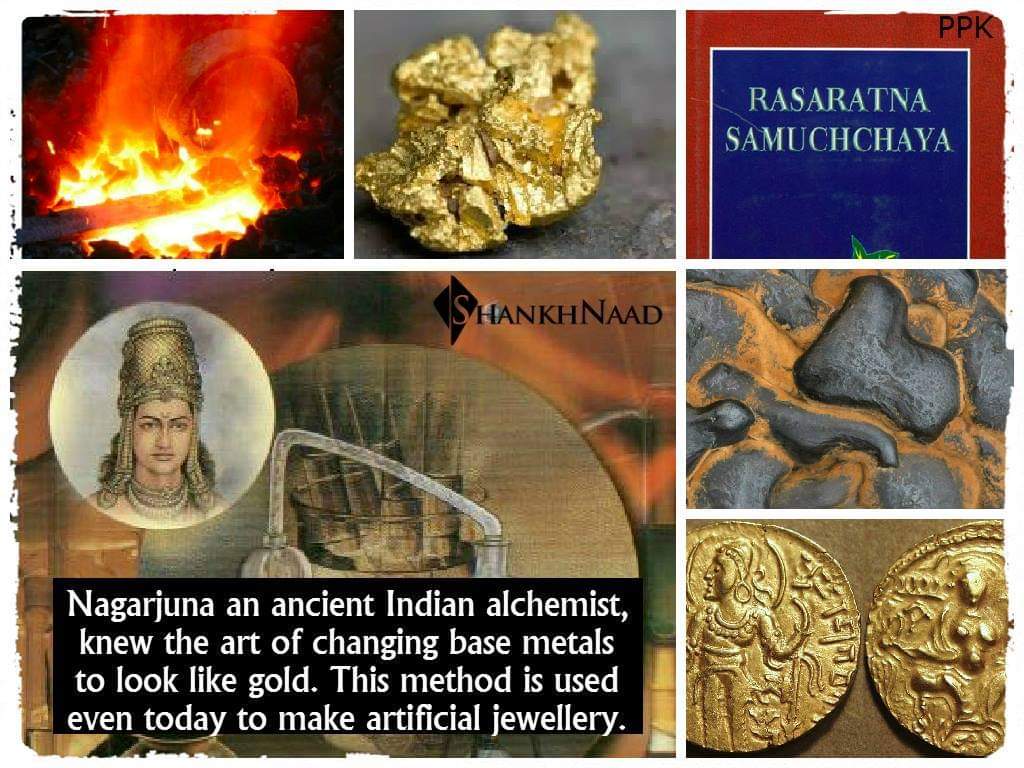O Holy Night is an abolitionist Christmas song (written by Adolphe Adam in 1847, translated to English by unitarian John Sullivan Dwight). https://t.co/4UrhkTB7Uf
Listening to Christmas albums on vinyl as @wspittman wrap gifts and get ready for Christmas morning.
First up: @celinedion's "These Are Special Times." #Christmas

O Holy Night is an abolitionist Christmas song (written by Adolphe Adam in 1847, translated to English by unitarian John Sullivan Dwight). https://t.co/4UrhkTB7Uf
🎶 Truly He taught us to love one another
His law is love and His gospel is peace
Chains shall He break, for the slave is our brother
And in His name, all oppression shall cease 🎶 https://t.co/4UrhkTB7Uf
Luke 4:18-19:
“He has anointed me to proclaim good news to the poor, to proclaim liberty to the captives and recovering of sight to the blind, to set at liberty those who are oppressed." https://t.co/ymPGBrjmpV
That massive record weight to the right of the turntable looks an awful lot like a grinder. https://t.co/z9DHtKcLJh
— William Pittman will get vaccinated. (@wspittman) December 25, 2020
Charley Pride was the first Black country music superstar. And his hometown was Sledge, Mississippi.
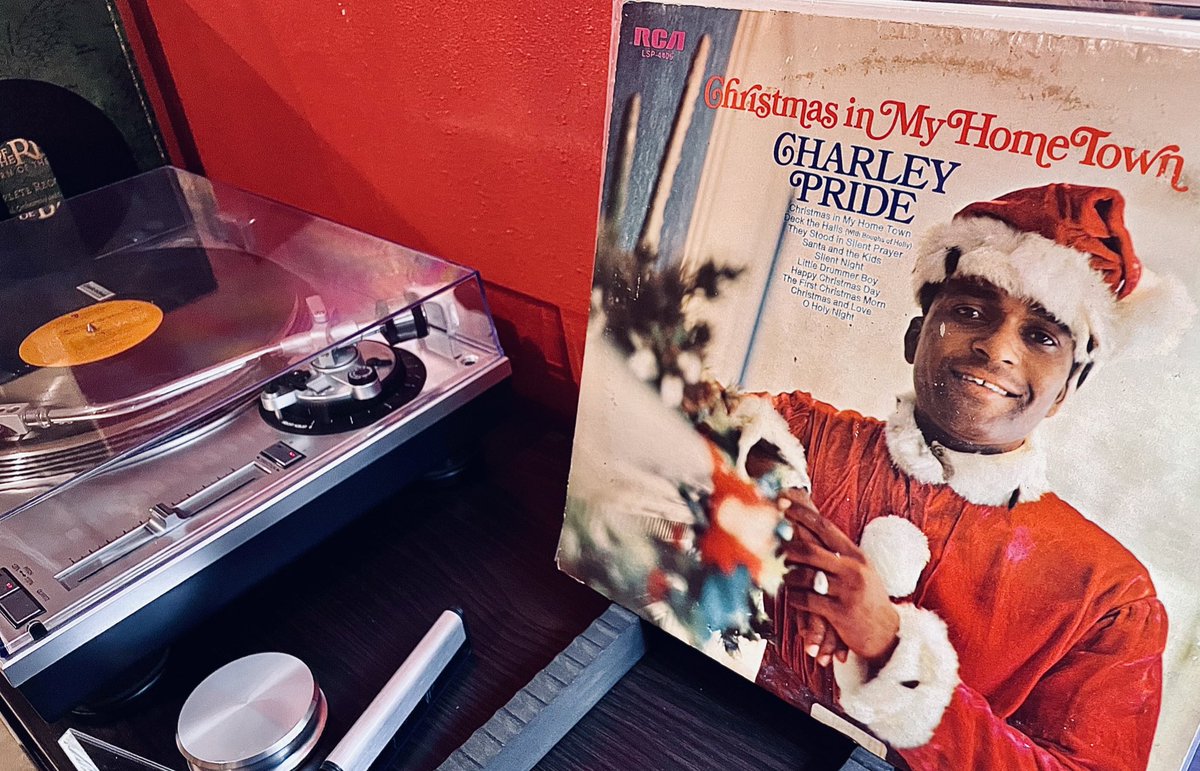
He grew up going to a segregated school and picked cotton in Sledge, MS, to buy his first@giitar.
He died of #COVID19 earlier this month. I wrote about him for @MSFreePress: https://t.co/tpMANJ0foF
But she also has some good, original,!soulful Christmas songs on here that fit her voice perfectly, too.

More from Culture
The emerging picture of John Sullivan aka Jayden X, the Cap riot agitator, and the documentarian Jade Sacker who filmed the whole thing really is the perfect microcosm of how Globalist American Empire stages its narrative.
Here’s the summary overview:
First Sullivan: agent provocateur who is no more antifa/BLM than he is Proud Boy, with suspicious family ties to the security state (allegedly), who helps instigate and document the Jan 6 events leading to IC officials immediately demanding the removal of the incumbent regime...
The guy’s social media profile is all over the map. From Civil Liberties gun guy to Antifa activist. And who planned the Utah BLM event that ended in the bizarre car shooting. His feed since Jan has all led to the Cap Hill events, including the first of the Parlor call outs.

Okay so maybe the guy is just a confused burn-it-all-down nihilist. Possible, but then we might do a big think about how an unhinged political schizo gets hooked up with a filmmaker with a long-history of doing activist/journalism on behalf of Woke Imperialism...
If John Sullivan aka Jaydenx is the “Fake,” Jade Sacker, his accomplice, is the “Gay.” Here’s a few snapshots from her portfolio (https://t.co/YEO1CCsQn8)
The plight of Rohingya Muslims. The Kurds in Northern Syria. Trans Women in Cambodia. etc. Boiler plate globohomo

Here’s the summary overview:
First Sullivan: agent provocateur who is no more antifa/BLM than he is Proud Boy, with suspicious family ties to the security state (allegedly), who helps instigate and document the Jan 6 events leading to IC officials immediately demanding the removal of the incumbent regime...
The guy’s social media profile is all over the map. From Civil Liberties gun guy to Antifa activist. And who planned the Utah BLM event that ended in the bizarre car shooting. His feed since Jan has all led to the Cap Hill events, including the first of the Parlor call outs.

Okay so maybe the guy is just a confused burn-it-all-down nihilist. Possible, but then we might do a big think about how an unhinged political schizo gets hooked up with a filmmaker with a long-history of doing activist/journalism on behalf of Woke Imperialism...
If John Sullivan aka Jaydenx is the “Fake,” Jade Sacker, his accomplice, is the “Gay.” Here’s a few snapshots from her portfolio (https://t.co/YEO1CCsQn8)
The plight of Rohingya Muslims. The Kurds in Northern Syria. Trans Women in Cambodia. etc. Boiler plate globohomo

In a recent article published in the Stern, there is now a criminal complaint filed against Michael Inacker, the then CEO of the PR firm WMP for what includes allegations of the knock out payments from the emirate of Qatar to hide a dossier for their role in financing Hezbollah
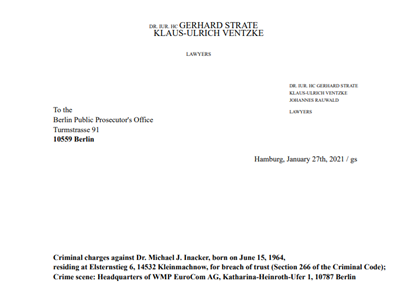
That allegedly 750,000 euros, which would have been divided between Jason and Michael.

In return, "Jason" was supposed to keep to himself the information he had researched in Qatar, that a high-ranking person in the emirate of Qatar was financially supporting Hezbollah.
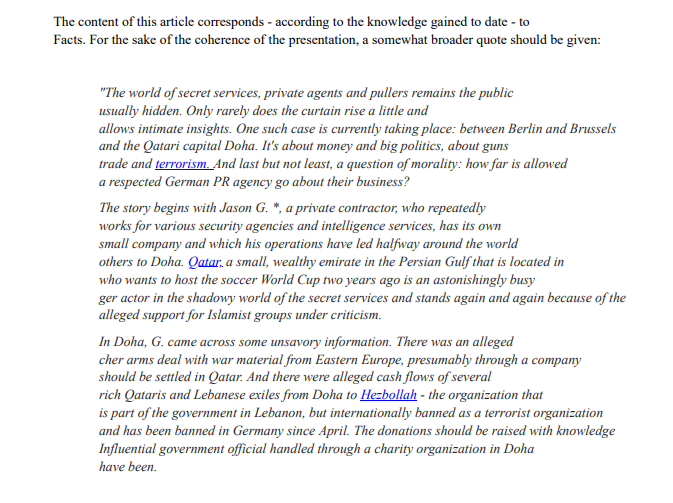
https://t.co/TdaAECu35a
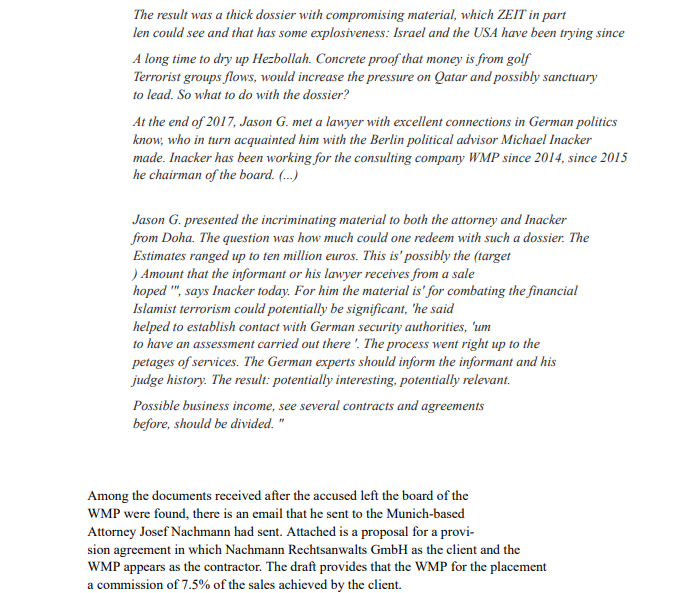
There is an interesting point in the article, WMP (Inacker) still had PR contracts with both Qatar and Saudi and “Jason” had some information about arms deliveries organized by people from Qatar with suppliers in Belarus, Serbia, Macedonia, and Yemen.

That allegedly 750,000 euros, which would have been divided between Jason and Michael.

In return, "Jason" was supposed to keep to himself the information he had researched in Qatar, that a high-ranking person in the emirate of Qatar was financially supporting Hezbollah.

https://t.co/TdaAECu35a

There is an interesting point in the article, WMP (Inacker) still had PR contracts with both Qatar and Saudi and “Jason” had some information about arms deliveries organized by people from Qatar with suppliers in Belarus, Serbia, Macedonia, and Yemen.
You May Also Like
This is a pretty valiant attempt to defend the "Feminist Glaciology" article, which says conventional wisdom is wrong, and this is a solid piece of scholarship. I'll beg to differ, because I think Jeffery, here, is confusing scholarship with "saying things that seem right".
The article is, at heart, deeply weird, even essentialist. Here, for example, is the claim that proposing climate engineering is a "man" thing. Also a "man" thing: attempting to get distance from a topic, approaching it in a disinterested fashion.

Also a "man" thing—physical courage. (I guess, not quite: physical courage "co-constitutes" masculinist glaciology along with nationalism and colonialism.)

There's criticism of a New York Times article that talks about glaciology adventures, which makes a similar point.

At the heart of this chunk is the claim that glaciology excludes women because of a narrative of scientific objectivity and physical adventure. This is a strong claim! It's not enough to say, hey, sure, sounds good. Is it true?
Imagine for a moment the most obscurantist, jargon-filled, po-mo article the politically correct academy might produce. Pure SJW nonsense. Got it? Chances are you're imagining something like the infamous "Feminist Glaciology" article from a few years back.https://t.co/NRaWNREBvR pic.twitter.com/qtSFBYY80S
— Jeffrey Sachs (@JeffreyASachs) October 13, 2018
The article is, at heart, deeply weird, even essentialist. Here, for example, is the claim that proposing climate engineering is a "man" thing. Also a "man" thing: attempting to get distance from a topic, approaching it in a disinterested fashion.

Also a "man" thing—physical courage. (I guess, not quite: physical courage "co-constitutes" masculinist glaciology along with nationalism and colonialism.)

There's criticism of a New York Times article that talks about glaciology adventures, which makes a similar point.

At the heart of this chunk is the claim that glaciology excludes women because of a narrative of scientific objectivity and physical adventure. This is a strong claim! It's not enough to say, hey, sure, sounds good. Is it true?

















